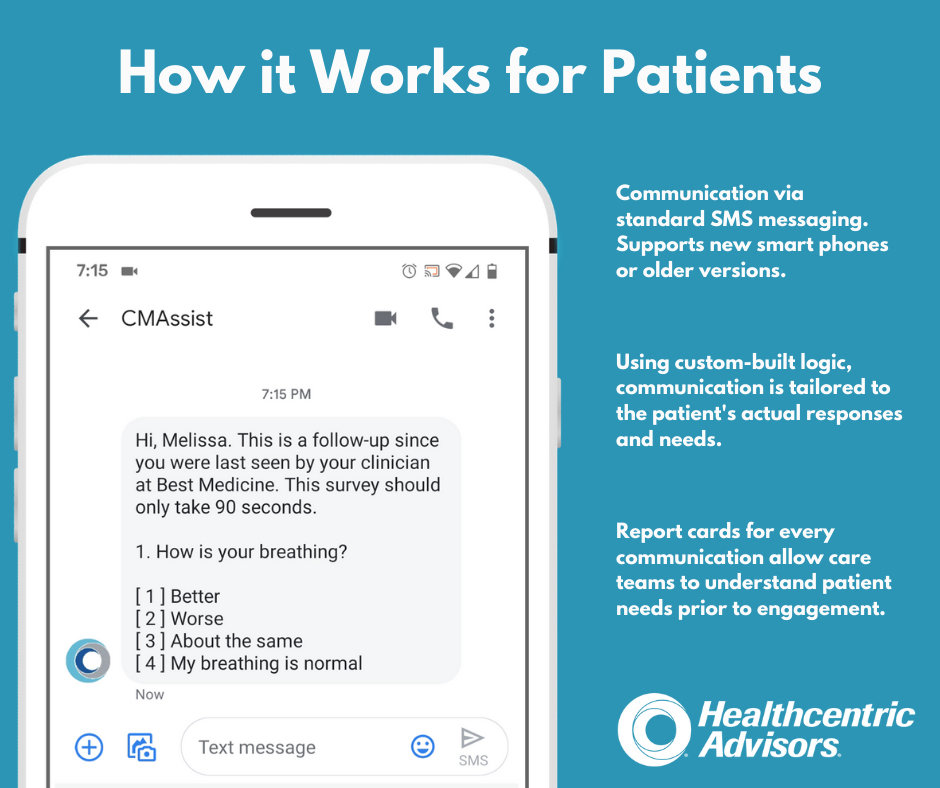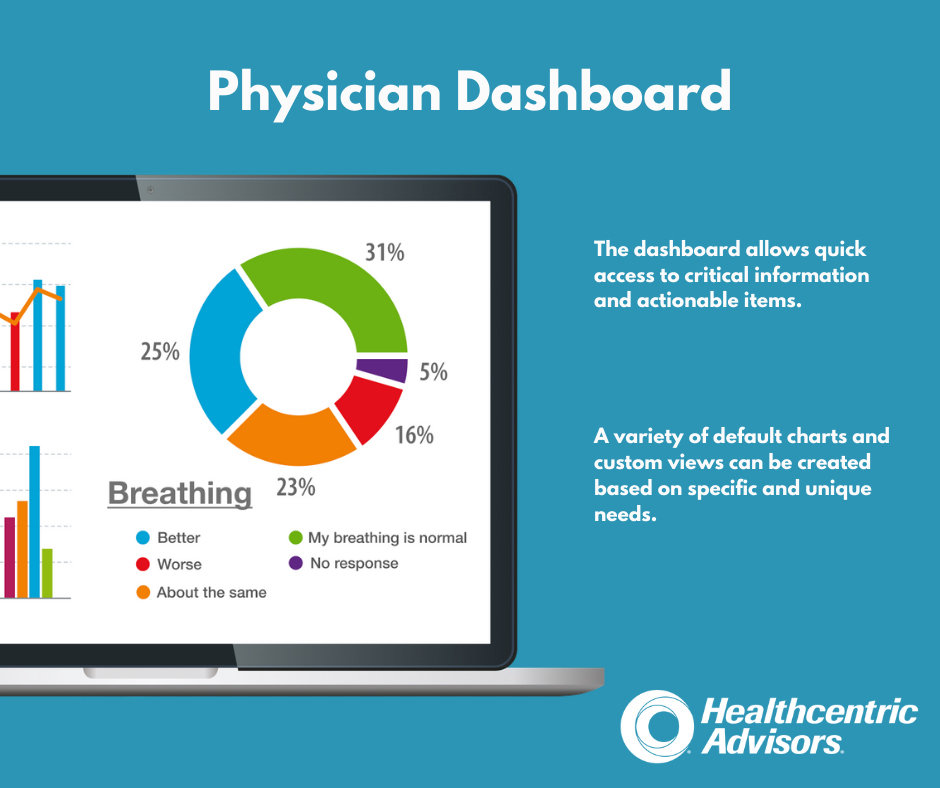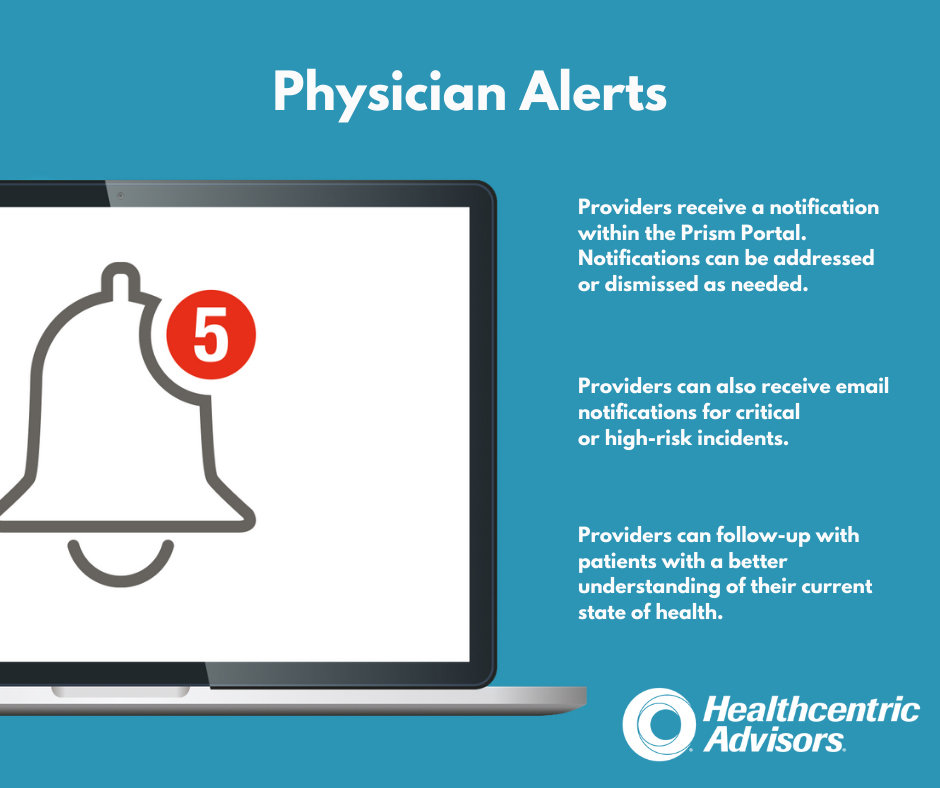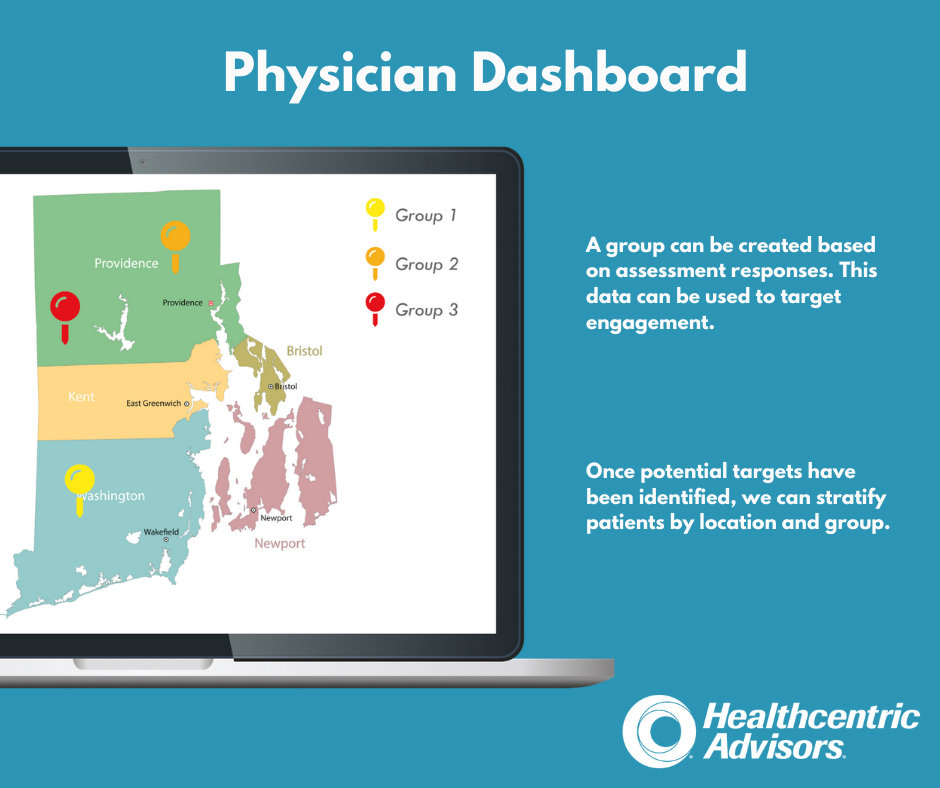From a novelty to a necessity
An innovative texting digital platform built and deployed by Healthcentric Advisors is pushing telehealth to the forefront in responding to care needs during the coronavirus pandemic
At some point, as the Rhode Island Foundation prepares its long-term, 10-year statewide health plan, the realization may hit home that many of the assumptions made about how best to move forward may need to be scrapped, as so many businesses that offer health insurance plans may go out of business, leaving their employees bereft, and the business model of hospitals may not be sustainable in a post-pandemic world.
In entrepreneur-speak, it may be time to pivot and began a whole new approach to planning for long-term health and health care in Rhode Island.
PROVIDENCE – The move to telemedicine and telehealth, already a growing trend in health care, has received an enormous push forward as a result of the coronavirus pandemic and the need to “see” patients and “talk” with them, monitoring their conditions, without putting the providers or patients at further risk for possible contamination of the virus.
On Friday, April 3, Healthcentric Advisors debuted its new telehealth technology, a texting system, that doctors can use to monitor patients under investigation or confirmed positive for COVID-19.
The innovative technology, which is built upon Healthcentric Advisors’ larger digital platform of Remote Physiologic Monitoring for chronic conditions, uses “short message service” texting to provide daily outreach to patients from care teams, in order to track symptoms of COVID-19 and then be alerted – in real-time – if the symptoms worsen.
Here is the ConvergenceRI interview with Lauren Capizzo, the director of Practice Transformation at Healthcentric Advisors, discussing the new innovative technology facilitating patient interaction with providers in a time a pandemic.
ConvergenceRI: What was the genesis for this idea? How did it emerge? Was it through conversations with doctors, or with patients? Was it because of the high demand by patients for information?
CAPIZZO: The COVID-19 pandemic has created an unexpected crisis situation for physician practices. They must respond to and monitor large numbers of patients experiencing symptoms not yet severe enough for immediate medical intervention or who do not yet meet existing criteria for COVID-19 testing.
These patients may not require direct physician contact, but must be monitored in case their condition worsens. Unfortunately, the numbers of these patients will increase as the pandemic expands. [The peak] could be weeks or months away.
The system is built off of Healthcentric Advisors’ larger digital platform of Remote Physiologic Monitoring for chronic conditions, such as high blood pressure, [deploying] social determinants of health management, that uses short message service [SMS] texting in real-time to prioritize patient outreach.
Coastal Medical, [a user of our larger digital platform], approached us and asked for capability to track and monitor patients regarding COVID-19. To address the immediate needs of patients and care teams during the pandemic, our small [but mighty] team of four took about two weeks to build, deploy, and test it with the provider group.
ConvergenceRI: Who do you think will be the first adopters? Primary care practices?
CAPIZZO: Our digital platform can support anyone who is interested in remotely monitoring patients, but primary care practices and Federally Qualified Health Centers are likely to have the greatest use case.
ConvergenceRI: Is all you need to connect to the text alert system, from the patient's perspective, a phone or a computer screen?
CAPIZZO: It works with a flip phone just as easily as it works with a smart phone. Our proprietary digital solution of SMS texting uses a set of logic-based questions and then maps responses back to a secure provider portal.
Patients are prompted daily to report on their symptoms via text; specifically, temperature, breathing, and cough. The care team can access our portal to track trending patient symptoms over time while they are safely recovering at home. When a patient reports their symptoms have worsened, this triggers a separate emailed alert to the practice’s care team to triage a response [such as a phone call] back to the patient.
ConvergenceRI: How is the data being stored and who has access to the data?
CAPIZZO: Using our secure, HIPAA compliant portal, providers have access to responses at the patient and practice level. Information from the tool can be downloaded and attached to their electronic [or paper] medical record.
The patient is digitally enrolled by their practice following an in-person, telephonic or virtual encounter. The first text message a patient receives asks them agree to participate; and patients can easily opt out at any time. The information goes securely into our portal, which has a login requirement specifically for care team members.
ConvergenceRI: How will the text alert system be coordinated with testing, which currently needs to have a provider OK for the patient who wants to be tested to be able to schedule an appointment?
CAPIZZO: Monitoring the symptoms of Patients Under Investigation [PUI] for COVID-19 allows the provider to assess daily whether or not the patient requires testing or other direction. It is designed to follow a patient through the phases of PUI, confirmed test results, and illness resolution. Phases include isolating at home, waiting for results, confirmed positive [test results], etc.
ConvergenceRI: How have patients responded to the text alert system? Do they like it?
CAPIZZO: Hundreds of patients are receiving the COVID-19 text messages daily from the care teams already. They receive questions through text at 9 a.m. and respond within 4-5 minutes on average. By 9:22 a.m., 50 percent have responded. At noon, we send a “nudge text” to the non-completers, which increases the response rate to 95 percent. These are sick patients, who are grateful to have a connection with their care team every day, knowing they will receive a call when their symptoms worsen. This is a lifeline in [these] unprecedented times of disconnection and fragmentation when response timing is critical.
ConvergenceRI: There is a thermometer company, Kinsa, that has developed an app that can track fevers. Is there any opportunity to connect with such apps for the patients, i.e., to provide them with the thermometers as part of the text alert system, as a way of harmonizing the data?
CAPIZZO: We are familiar with Kinsa and the data they’ve shared on temperature “hot spots” across the country.
Much like we have done with the device-maker Omron, accessing their API for blood pressure monitoring cuffs, we have the capacity to integrate with other remote monitoring products.
Although its self-reported data, we also have the ability to see hotspots of temperature rising or falling through the daily results patients share via text.
At this stage, our approach is tracking a comprehensive set of symptoms and testing results for care teams to make clinical decisions and outreach for patients in critical need.
There are socioeconomic impacts to all of us during the pandemic, even if you are not COVID-19 positive. Our next phase includes outreach to vulnerable populations to evaluate wellness and social health needs while social distancing – [such as] being able to text a patient and ask if they have enough meds, food, and supplies – is our next text campaign. However, we remain flexible to the needs of our community and providers.
ConvergenceRI: Will you be adding a question about loss of the ability to smell? Some evidence has suggested that the loss of smell may be an indicator related to the onset of COVID-19?
CAPIZZO: We can tailor questions based on new information we learn about this virus, including additions and expansions supporting the providers’ timely outreach.
While there has been evidence to show the loss of smell as an indicator of Coronavirus, people are typically hospitalized because their breathing has worsened. We’ve selected the symptoms [fever, coughing, and breathing] to alert care teams if things are improving or worsening, helping them to prioritize whom to contact first.
ConvergenceRI: How does this effort of a text alert system fit into Healthcentric Advisors strategic direction?
CAPIZZO: The social distancing, we are all appropriately participating in to “flatten the curve” creates a pressing need to outreach remotely instead of in-person [care].
Texting is a direct communication channel using a device almost everyone has within six feet of themselves. It allows for timely outreach to an increasing number of patients in a particular population like COVID-19.
Alerting care teams of the priority patients who need their help in real-time allows providers to operate efficiently and effectively.
Telehealth has moved from novelty to a necessity in a matter of days. Healthcentric Advisors has always been focused on advancing health quality and empowering people. We support patients and providers outside of the brief, 15-minute office visit, which has revealed itself more emergently in the midst of this pandemic.
As we strive to increase patient activation and improve clinical and social health needs, we are driven to reduce clinician burden and fragmented communication within health care. The digital solutions we build address these needs in real time.









